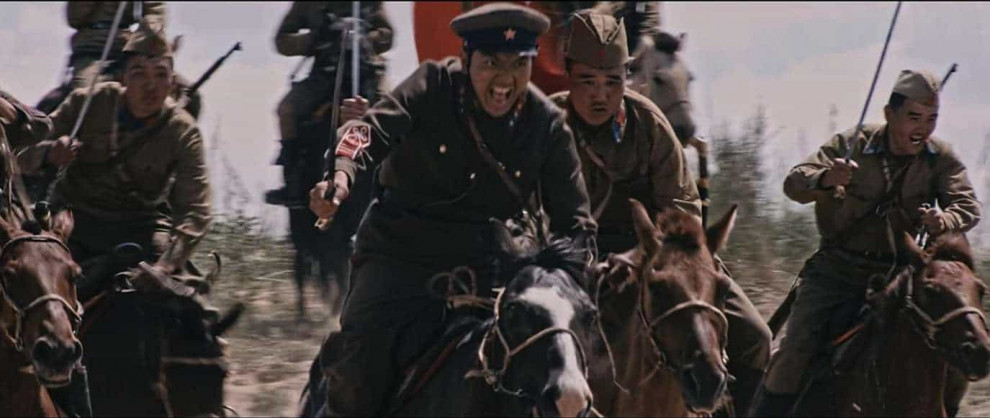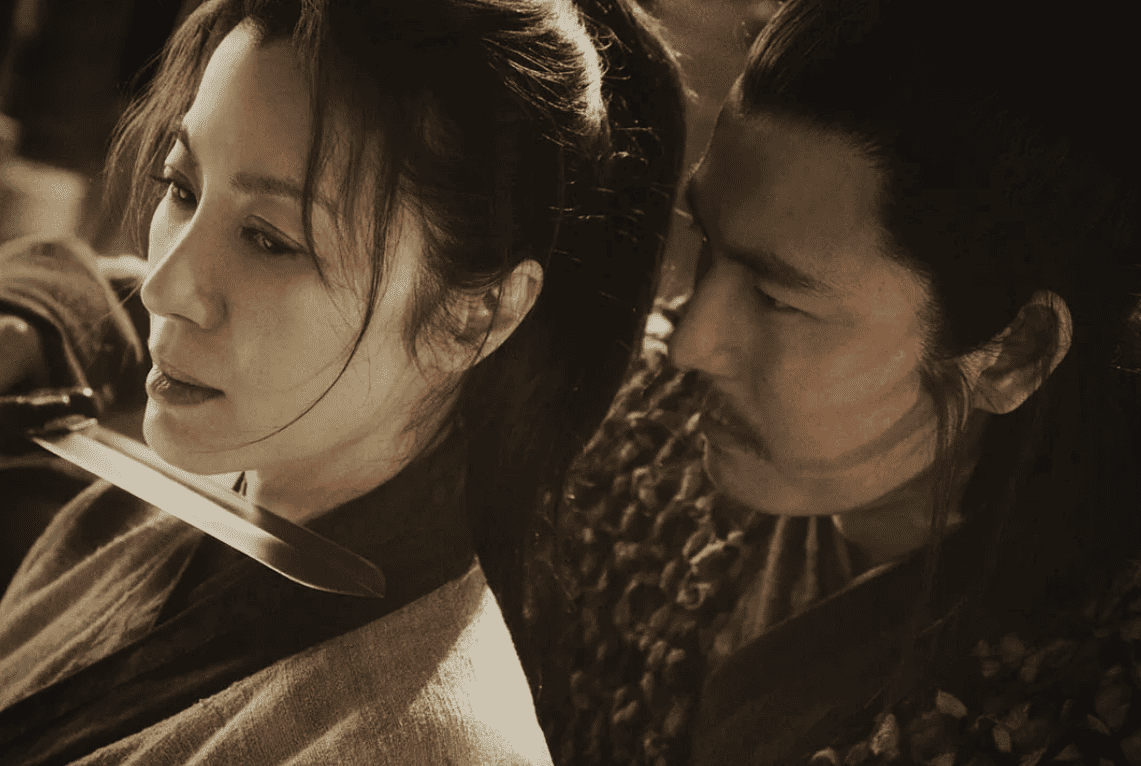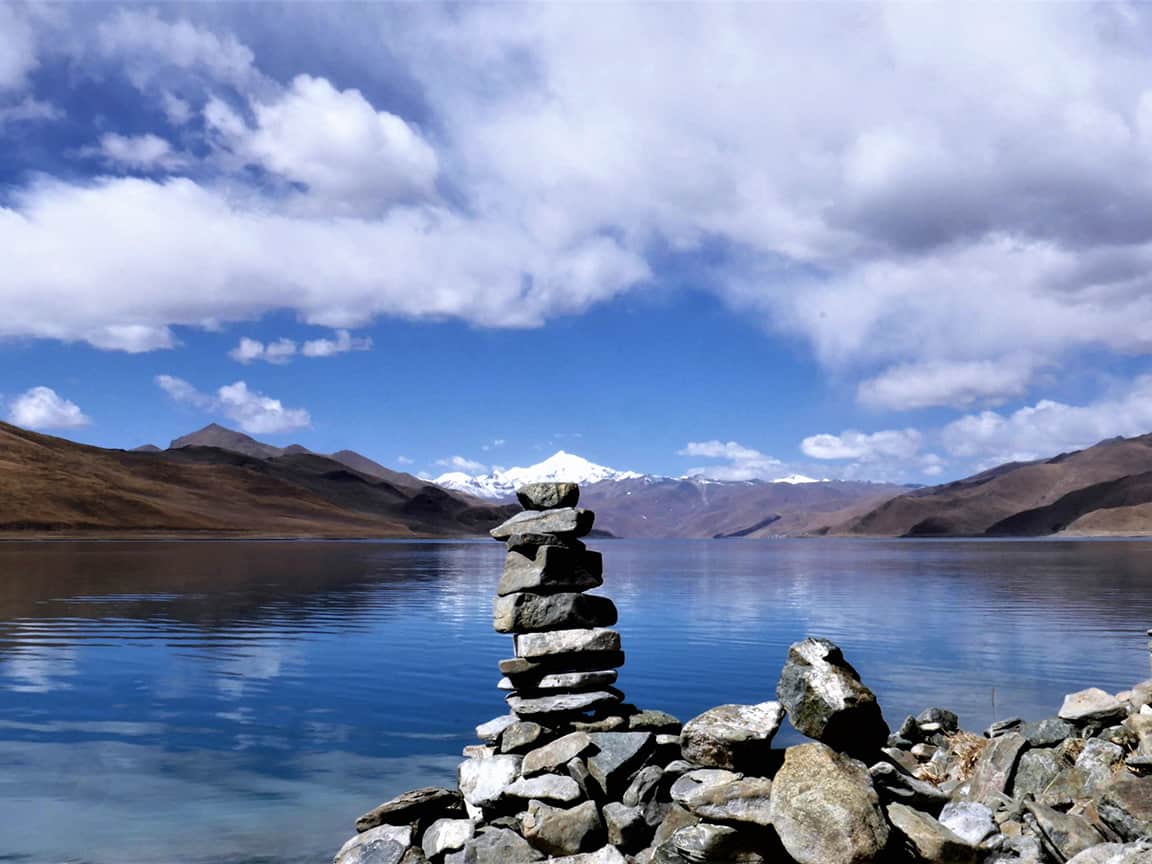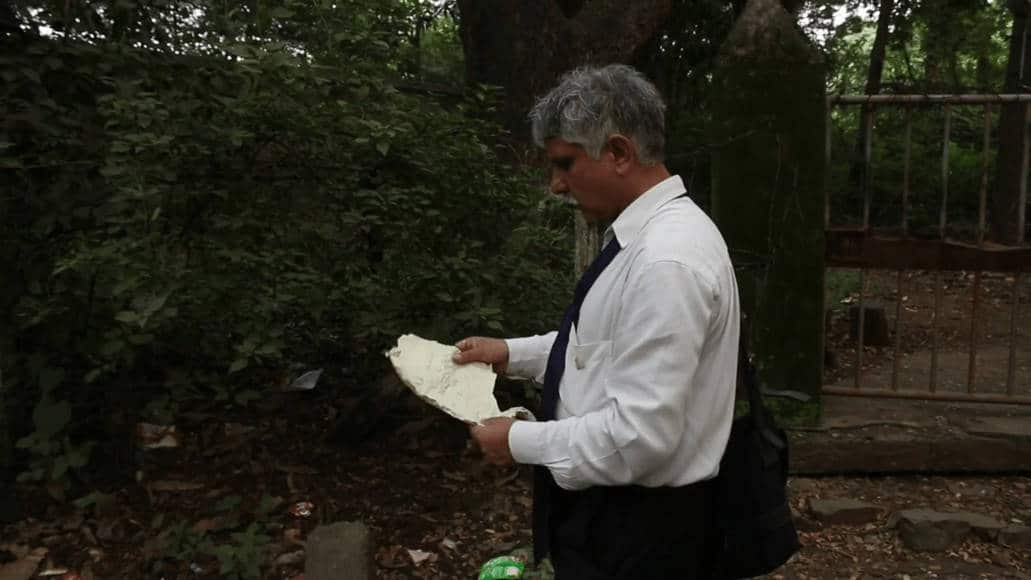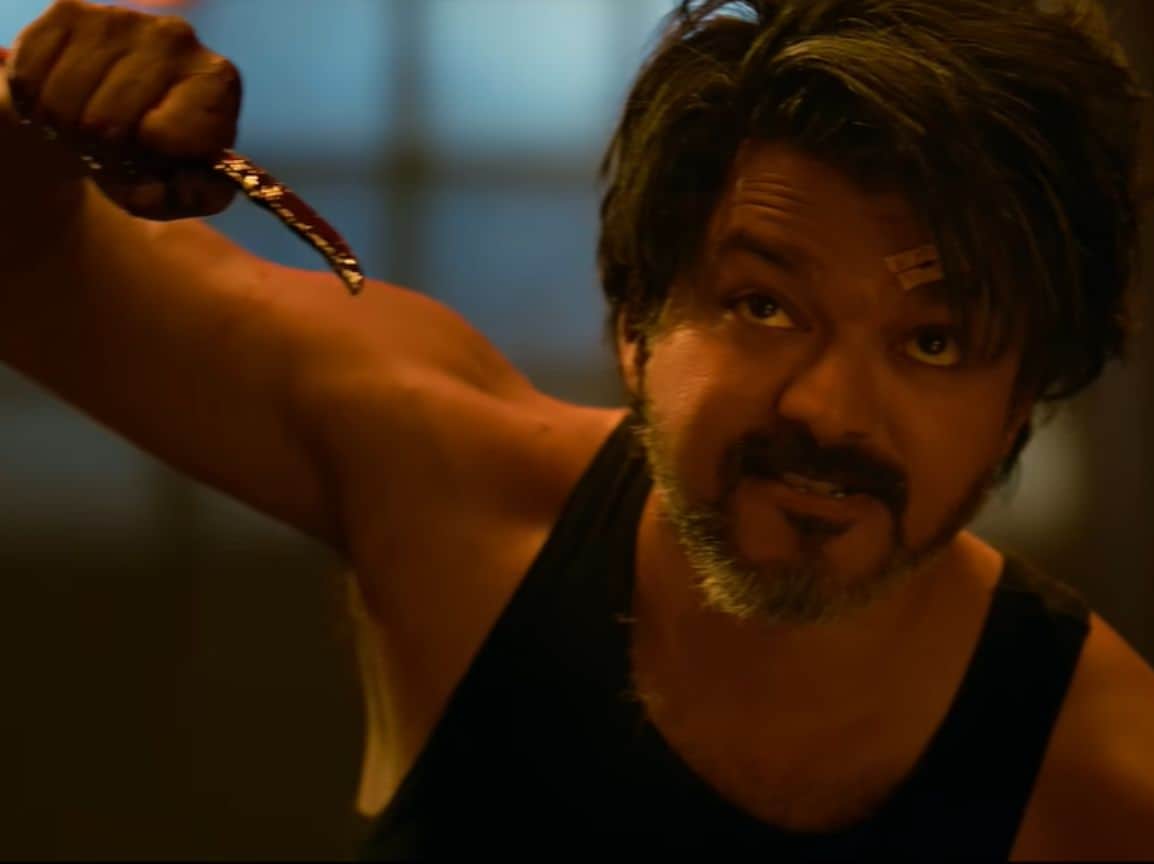Dandar's history, one of the most famous Mongolian military men, is glorious and intriguing, as it is tragic. To commemorate the 80 years since the Battle of Khalkyn gol, when Dandar reached the status of hero, the Mongolian government offered financial support for a film about his life, and “Marked Man” was the result.
The film follows the real story of Dandar, occasionally with flashbacks, while also focusing on the various battles that took place mostly before the Second World War. In that fashion, the movie begins with the invasion of the Japanese forces in May 1939. The invaders managed to surround the HQ of the 6th cavalry division and the head of the Mongolian forces, Sharibuu, was killed. Dandar, who was a mere lieutenant at the time, was ordered in charge of the division and given the rank of major. His courage, bravery and military ability led the Mongolian forces to a number of wins and soon he started collecting medals and commendations. Eventually, he was bestowed the title of “Extraordinary Hero” (Dandar Baatar). Jealousy, however, among the army ranks had already started to rise, and Dandar's enemies multiplied.
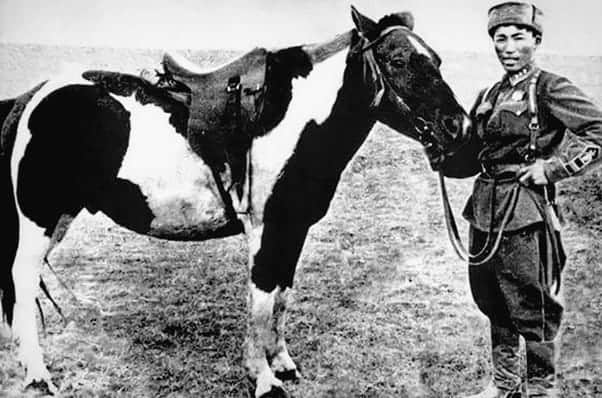
At the end of the Khalkhin Gol Battles, and after the win of the Soviet-Mongolian army, Dandar was sent to the Soviet Union for additional training, until the beginning of WW2, when he was ordered back. The plots against him, however, resulted in his arrest for killing a Soviet soldier over a disagreement, and his subsequent incarceration.
To begin with, Delgerbayar Purevdorj's effort to shoot an epic film is more than obvious, and considering the budget of the film (estimated at $750,000), the result is quite good. In that regard, the combination of the number of extras, the use of actual military equipment (including tanks, guns, horses, swords etc) and the excellent cinematography of Enkhtur Baljir is great, and results in a number of rather impressive scenes, even a few aeroplane fights. The fact that the Mongolian setting is mostly barren, offering almost no cover, was “exploited” fully by Purevdorj and Baljir in order to present a number of truly brutal fights, that also highlight, however, the grotesqueness of war. The combination of foot soldiers, mounted ones and tanks works wonders in that setting and is the element that makes the movie stand out.
On the other hand, the use of music and slow motion is a bit excessive, as the film functions like an epic music video occasionally, in tactic somewhat unfit for the narrative, although not to a point to fault significantly the general sense the production leaves to the viewer. The second fault is that during the Soviet dialogues, there is a kind of dubbing that has both Russian and Mongolian sound heard, which becomes annoying after a point, although these sequences are not that many.
In terms of narrative, I would say the Purevdorj and writer B. Dogmid have done a very nice job. The portrait of Dandar is thorough, highlighting both the soldier and the man, and the consequences of the injustice he suffered for both him and his wife. Considering that the movie was “commissioned” by the Mongolian government, it could easily end up as a eulogy, but the nature of the story, which is particularly critical of the tactics of the Mongolian army leadership, prevents it from becoming such, almost completely. Furthermore, the inner struggle that Dandar has to deal with and his eventual eruption after him and his comrades are wronged, also moves in the same direction, adding more depth to the narrative. Particularly the scene with the swords in the sand that become guns is among the most impressive in the film, again highlighting Baljir's cinematography.

The editing (Baljir and Purevdorj are also responsible) could have been a bit better, since the back and forths in time are a bit confusing at times, but again, not to a point to ruin the narrative.
Altanshagai Javkhlan is quite convincing as Dandar, presenting the different aspects of his character realistically and with gusto.
Evidently, the scale of epic war films internationally is much bigger, with budgets of hundreds of millions, but Purevdorj has done a more than adequate job with his means in “Marked Man”, presenting a very interesting story that highlights both Dandar and the war in Mongolia and as a starting point for Mongolian cinema to move to more mainstream/entertainment-focused production, it is a more than hopeful effort.


